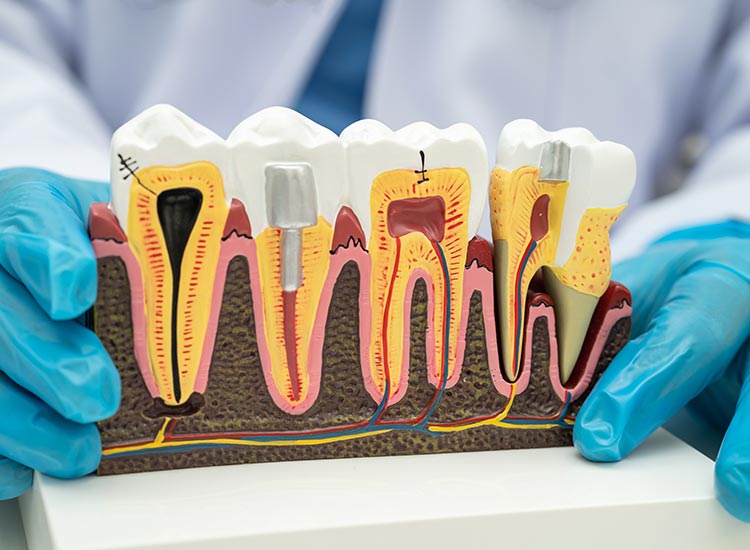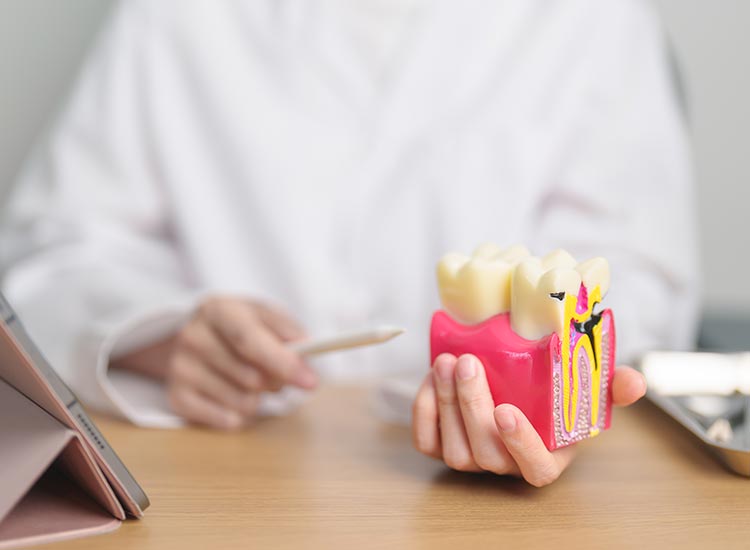Does periodontitis require a root canal?
Periodontitis typically does not require a root canal unless the infection has spread from the gums into the tooth’s pulp.
Key Points to Consider:
-
Periodontitis affects the gums and bone, not the tooth pulp.
-
Root canals treat infections inside the tooth, not the surrounding gums.
-
A dentist or periodontist will assess the source of the infection to recommend proper treatment.
-
In some advanced cases, both periodontal treatment and root canal therapy might be necessary.
-
Early diagnosis can prevent the need for complex procedures.

Understanding the Difference Between Periodontitis and Root Canal Needs
Why Periodontitis Is Usually Treated Without a Root Canal
Periodontitis is a severe form of gum disease that damages the tissues and bone supporting your teeth, but it doesn’t directly affect the tooth’s pulp. Treatment usually involves deep cleanings, antibiotics, and sometimes surgery to remove bacteria and restore gum health. A root canal is only needed if the infection reaches the inside of the tooth, which is less common with gum disease alone.
If your dentist or periodontist notices that the infection has extended beyond the gums into the tooth’s inner tissue, they might suggest a root canal. Otherwise, managing the gum infection with non-surgical or surgical periodontal therapy is the first step.

When Both Treatments Might Be Necessary
How Advanced Infections Can Affect Both Gums and Tooth Roots
In some cases, untreated periodontitis can allow bacteria to migrate through the tooth’s root tip, infecting the pulp. When this happens, a root canal may be required in addition to gum disease treatment to fully resolve the infection. The combination ensures both the tooth and its supporting structures are preserved as much as possible.
This overlap between gum disease and tooth infection can be hard to spot on your own, which is why regular dental checkups are essential. A dental professional can use X-rays and exams to confirm the source of your pain and recommend the correct treatment.
If you’re experiencing gum pain, swelling, or tooth sensitivity, book an appointment with your dentist or periodontist — early treatment can help save both your gums and your teeth!
